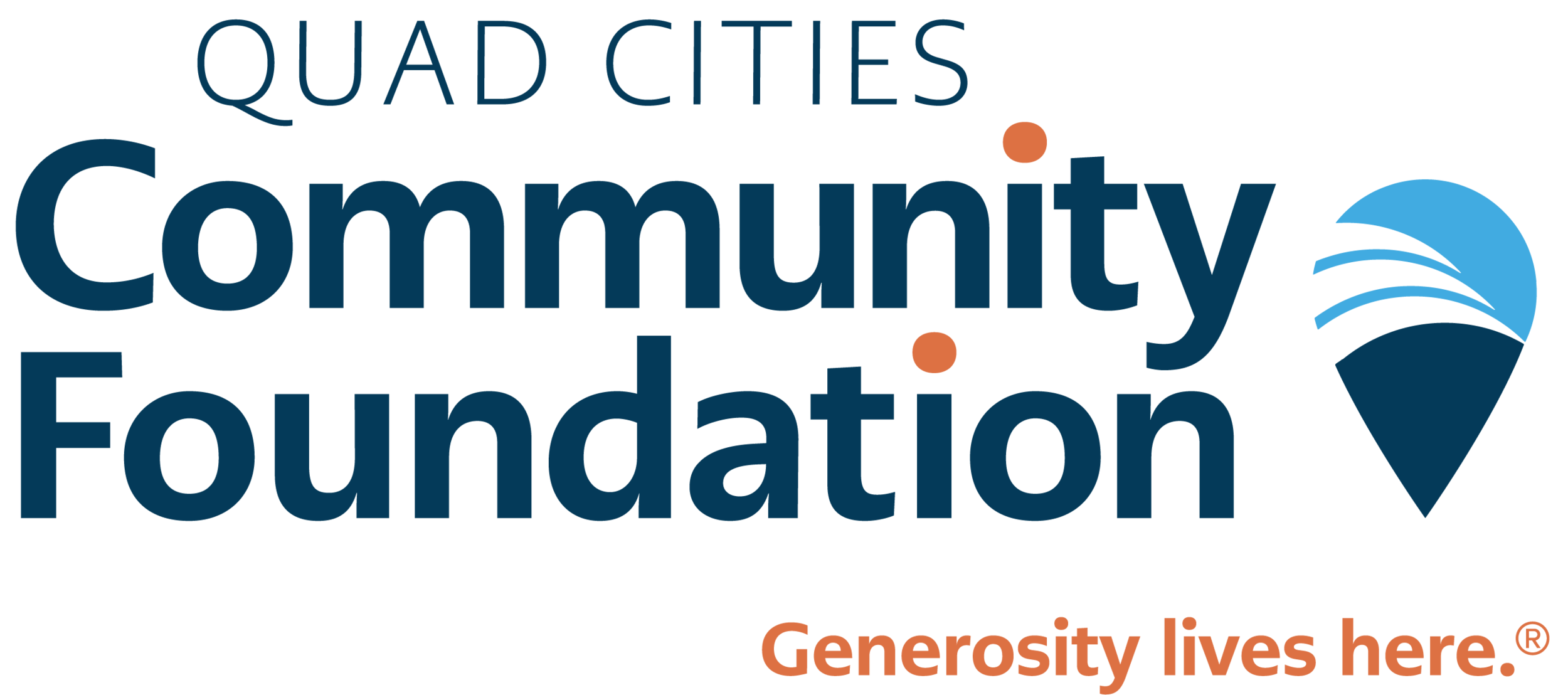Maximizing Your Relationship with the Community Foundation
National Standards
What is National Standards?
The Council on Foundations takes a leadership role in shaping community foundations' self-regulation by promoting The National Standards for U.S. Community Foundations® (National Standards). The National Standards accreditation program helps demonstrate that a community foundation is well-run, while also helping to define what community foundations are and do. The National Standards program was established to ensure the values of community foundations are demonstrated through their commitment to legal compliance, philanthropic best practices and excellence that benefits communities. It also helps set standards to guide a board as they govern a community foundation.
The Council on Foundations started the National Standards program in the early 2000s and in 2005 the first round of community foundations were accredited. National Standards are used by community foundations of all sizes and areas of focus throughout the United States. They provide vital guidance on how community foundations should operate, distribute funds and determine impact on the communities they serve.
In 2005, the Community Foundation was among the first batch of community foundations that received National Standards accreditation. That status was reconfirmed in 2011 and, most recently, in 2024. Reconfirmation takes place every three years.
As of 2025, more than 550 community foundations in 49 states participate in the National Standards program. Ninety-six percent of the nation's largest community foundations participate in the program.
Learn more at cfstandards.org.
Why National Standards Matter
National Standards accreditation represents operational effectiveness to foster excellence in community philanthropy. It shows that, as a community foundation, we are committed to go beyond what is required by federal and state law to demonstrate accountability and excellence. It provides donors, and other constituents, assurance that we are good stewards of charitable dollars for our community.
The accreditation process gives the Quad Cities Community Foundation a framework for reviewing policies and procedures. The National Standards Board provides us with vetted sample policies to compare ours with, and specific steps for reviewing our policies.
One important reason we invest resources in our National Standards accreditation is the Endow Iowa program. It is required to qualify for the Endow Iowa tax credit and the County Endowment Fund. Learn more about the Endow Iowa program here.
Community foundations that have sought and earned accreditation safeguard it to protect their reputation, ensure ongoing participation in state-sanctioned incentive programs such as those offered by Iowa, and simply to drive operational effectiveness and efficiency.
Proper Use of National Standards Logo and Accreditation Text
Affiliates and National Standards
As an Affiliate of the Quad Cities Community Foundation, you are able to use the National Standards Seal as long as the seal is used in a way that makes it clear to the public that the Community Foundation meets National Standards. Affiliate component funds are legally a part of, and subject to, the policies and operations of the Community Foundation. You do need to be careful how you use the seal and accreditation text to make this relationship apparent. Below are some examples to help illustrate this.
Examples:
Permissible: ABC Fund, an affiliate of the Quad Cities Community Foundation (Seal)
Permissible: ABC Fund is affiliated with the Quad Cities Community Foundation, an organization that meets National Standards for U.S. Community Foundations
Prohibited: ABC Community Fund (Seal)
Prohibited: ABC Community Fund (Seal), an affiliate of XYZ Community Foundation
Affiliates, Funds and Separate Entities with Similar Names
On occasion, an Affiliate organized as a component fund (or multiple funds) carries the same or substantially similar name to a separate public charity or other entity (e.g., a community development corporation). For example, the DEF, Inc. may also have the DEF Fund held by the Community Foundation. In such a case, caution must be used not to imply that the separately incorporated entity is in compliance with National Standards or that the National Standards cover the relationship between the separately incorporated entity and the Community Foundation. Caution also must be exercised to ensure compliance with all state charitable solicitation laws.
Examples:
In the examples below, “DEF Fund” represents the component fund(s) of the Community Foundation. “DEF, Inc.” represents the separately incorporated entity.
Permissible: DEF Fund, an affiliate of the Quad Cities Community Foundation (Seal)
Permissible: DEF Fund is affiliated with the Quad Cities Community Foundation, an organization that meets National Standards for U.S. Community Foundations
Prohibited: DEF Fund (Seal)
Permissible: DEF, Inc. is affiliated with the Quad Cities Community Foundation
Prohibited: DEF, Inc. is affiliated with the Quad Cities Community Foundation, an organization that meets National Standards for U.S. Community Foundations
Prohibited: DEF, Inc. (Seal)
Prohibited: DEF, Inc., an affiliate of the Quad Cities Community Foundation (Seal)
In the case that the name of the component funds is identical to the name of the separately incorporated entity, the use of the National Standards Seal in conjunction with the name of the Affiliate is prohibited.
If you have questions about how to use the seal appropriately, please ask us.
